Best Software To Recover Deleted Files On Mac
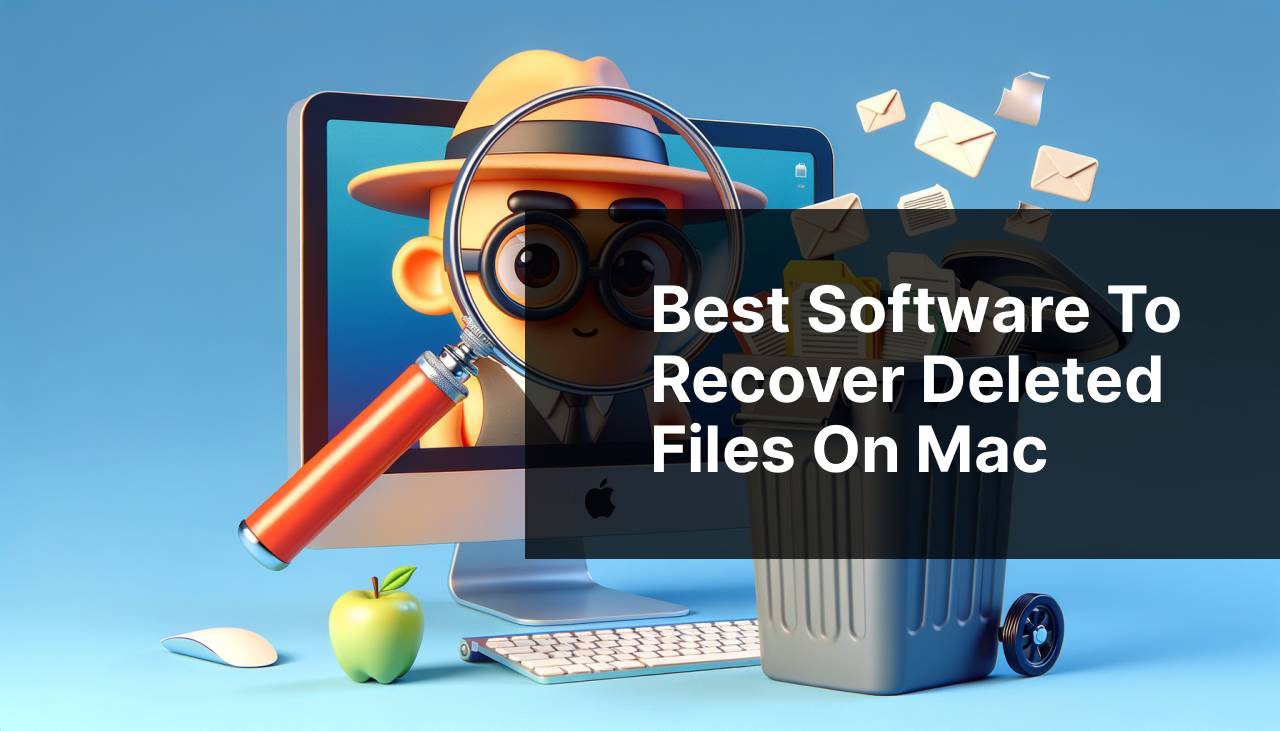
Have you ever experienced the heart-stopping moment when you accidentally delete important files from your Mac? The sinking feeling that follows is universal, and the next question inevitably is: Can I get them back? Fortunately, with the evolution of data recovery software, the answer could be a reassuring ‘yes’. In this article, I’ll guide you through the best software to recover deleted files on a Mac, recounting my personal experiences to help you make an informed choice.
Disk Drill
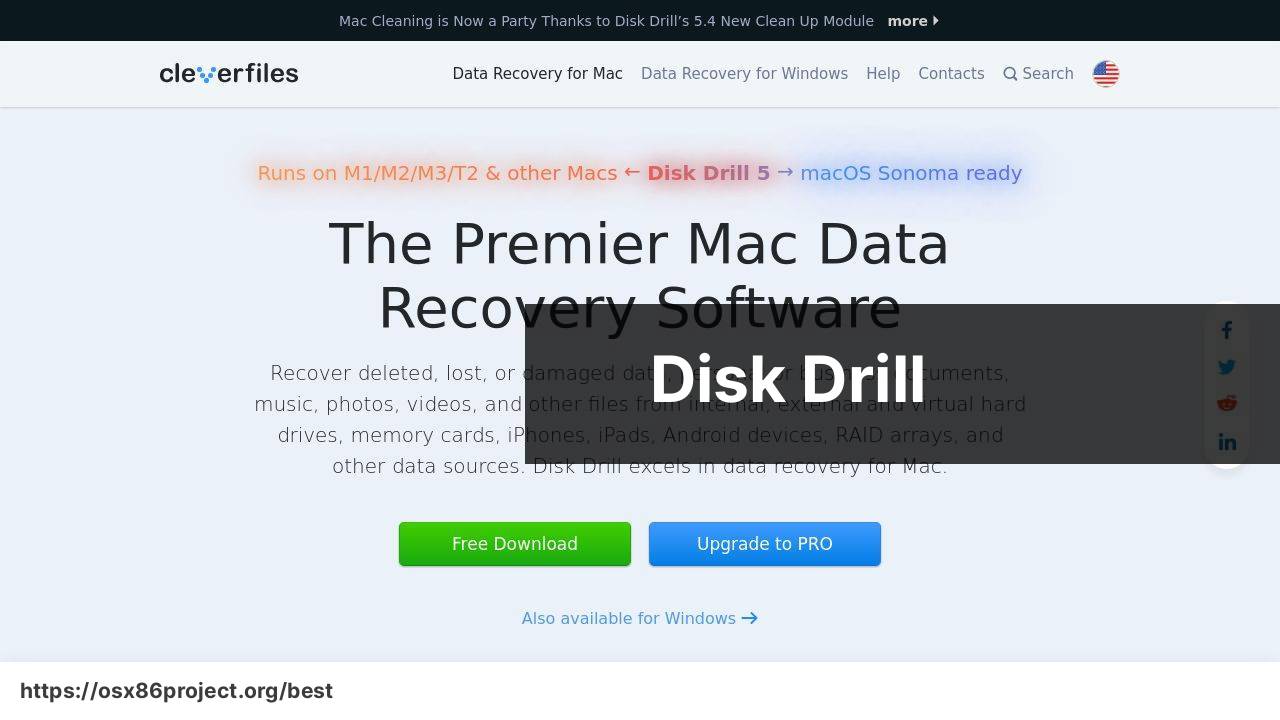
As someone who regularly juggles mass amounts of data, Disk Drill has been a lifesaver on more than one occasion. This intuitive data recovery software for Mac OS combines powerful scanning technology with a user-friendly interface that eases the recovery process.
Pros
- Advanced scanning algorithms capable of retrieving a wide range of file types.
- Comes with additional tools like disk health monitoring and data protection capabilities.
Cons
- Free version has limited file recovery capabilities.
- Full recovery features require purchasing the Pro version.
EaseUS Data Recovery Wizard
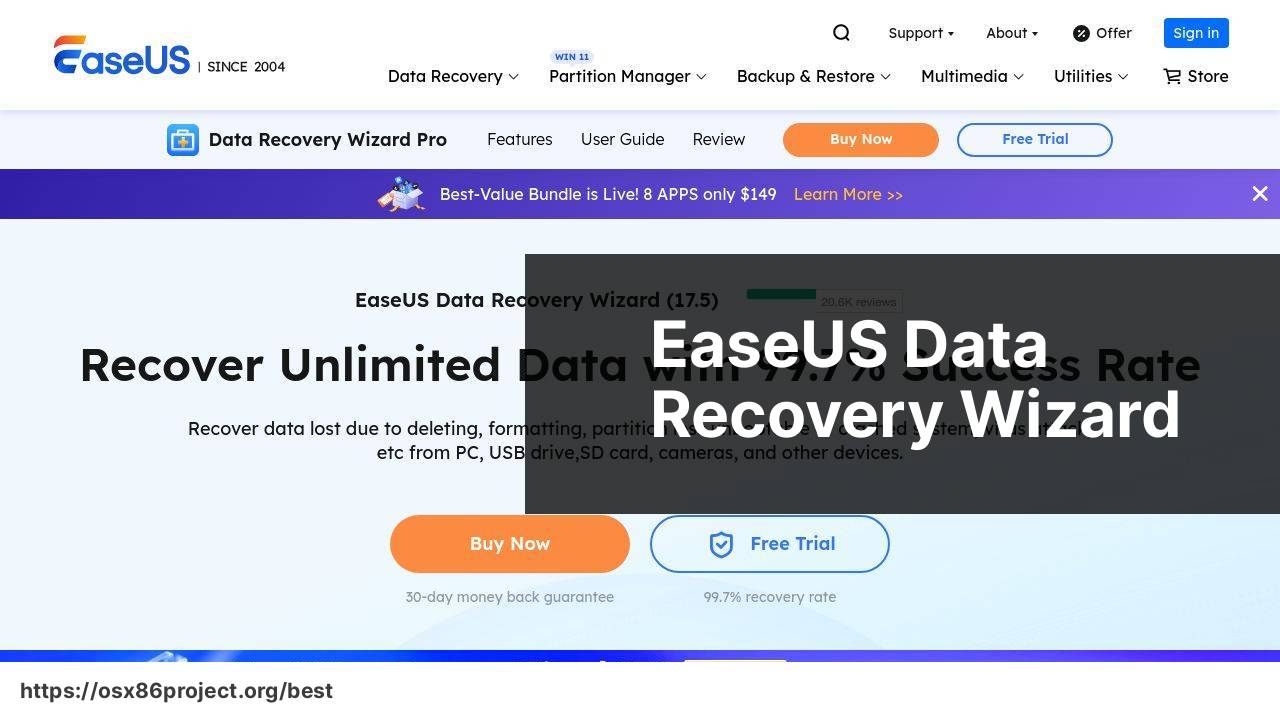
Another tool I’ve personally relied on is EaseUS Data Recovery Wizard. This is an all-around strong performer in Mac data recovery, known for its simplicity and the range of supported file types.
Pros
- User-friendly interface for stress-free recovery process.
- Efficient scanning with a good track record for successful data restoration.
Cons
- Some advanced features might seem complex to casual users.
- Recovery speeds may vary depending on the system’s performance.
Wondershare Recoverit
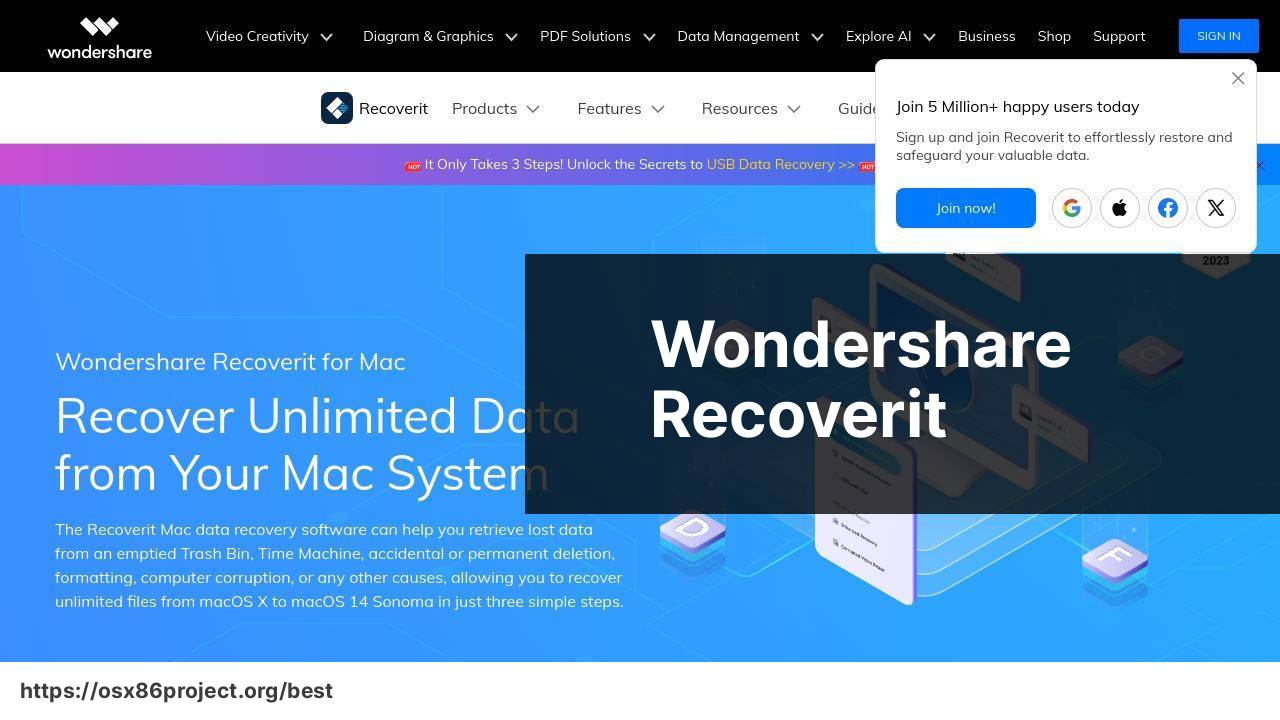
When dealing with more complex recovery scenarios, I’ve found Wondershare Recoverit to be a dependable choice. It boasts deep scan options and supports various file formats and drive types.
Pros
- Strong data recovery capabilities with deep scan options.
- Support for over 1000 file types and multiple devices.
Cons
- Deep scans can be time-consuming.
- Interface may feel overwhelming to new users.
Stellar Data Recovery
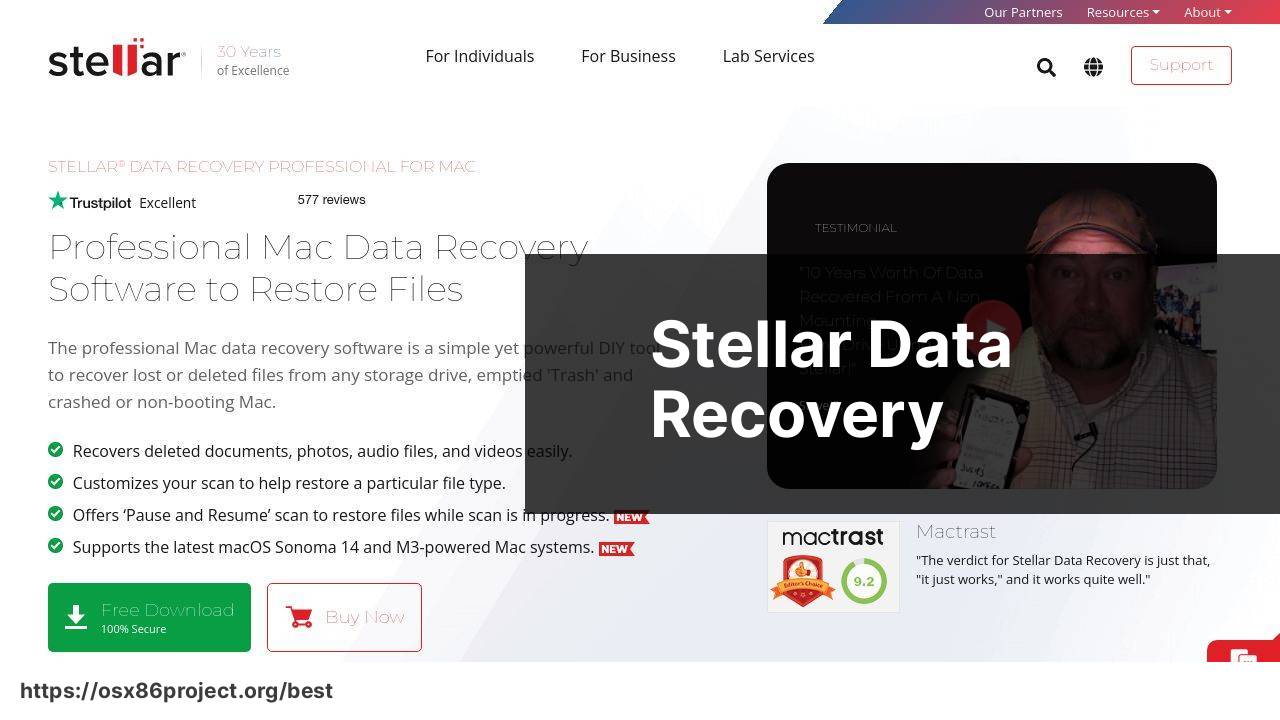
Stellar Data Recovery is a solid candidate in the field, valued for its dedicated Mac support and performance. The software has an impressive record when it comes to recovering lost or deleted files, particularly from corrupted drives.
Pros
- Specializes in Mac systems with tailored recovery processes.
- Offers a preview of files before recovery to ensure accuracy.
Cons
- Higher cost compared to some other options.
- Not all file types have the same rate of recovery success.
R-Studio for Mac
If you’re someone with a bit more technical expertise, R-Studio for Mac offers a professional-grade data recovery toolkit. It favors a no-frills, function-over-form approach that promises solid results for savvy users.
Pros
- Highly customizable recovery options for advanced users.
- Supports a wide array of file systems and networked recovery.
Cons
- User interface isn’t as polished or intuitive.
- Can be intimidating for users without technical data recovery knowledge.
Youtube video to watch
Conclusion:
After narrowing down the top data recovery options, it’s essential to consider further steps you can take to protect and manage your data. These include understanding the importance of disk health, exploring OS upgrades, and knowing when to seek professional data recovery services for physically damaged drives.
Monitoring your disk’s health with built-in utilities like Disk Utility or third-party software can preemptively alert you to potential failures. Additionally, keeping your OS up to date ensures that you have the latest security measures and system optimizations in place.
For situations where software can’t resolve the issue, such as after a liquid spill or a severe drop, it might be time to reach out to certified data recovery professionals. Companies like DriveSavers have a reputable track record in dealing with complex hardware failures and data retrieval.
FAQ
What types of files can be recovered using software on a Mac?
Software designed to recover deleted files on a Mac can typically restore documents, photos, videos, and various other file formats that were accidentally deleted or lost.
Is it possible to recover files from a formatted Mac hard drive?
Yes, many Mac file recovery software options have the capability to retrieve files even from drives that have been formatted, as long as new data hasn’t overwritten the lost files.
Can I retrieve permanently deleted files without using software?
Without software, it’s extremely challenging to retrieve permanently deleted files. Recovery software scans the drive to unearth remnants of deleted files for restoration.
What is the typical success rate of Mac data recovery software?
The success rate of Mac data recovery software largely depends on factors like the time elapsed since deletion and disk usage, but it can often be quite high with prompt action.
How secure is it to use Mac recovery software?
Reputable Mac recovery software is generally secure and ensures privacy protection during the recovery process, but always verify the security credentials of the software you choose.
Can I recover an unsaved Word document on my Mac?
Yes, with Mac recovery software, you may be able to recover unsaved Word documents by scanning temporary files or using AutoRecovery, if it was enabled.
Are there any free software options for recovering deleted files on Mac?
There are indeed free software options available, such as Disk Drill, that can recover deleted files on a Mac to a certain extent.
Can Mac file recovery software recover data from an external drive?
Most Mac file recovery programs can retrieve data from external drives, USB sticks, and memory cards, as long as they are detectable by your Mac.
What should I do immediately after accidentally deleting files to ensure recovery?
Immediately stop using the disk to avoid overwriting the lost data, and quickly install a reliable Mac data recovery software to start the restoration process.
How does Mac recovery software deal with files lost due to a virus or malware attack?
Recovery software for Mac can often recover files lost due to malware by restoring file versions saved prior to the attack, though a thorough virus scan is recommended first.
 Best MacOS Apps / Software
Best MacOS Apps / Software
